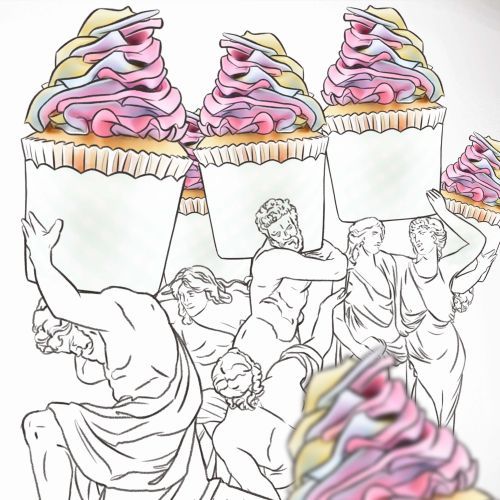Depression: DBS therapy, a treatment breakthrough and suppression of negative thoughts
An inter-university team of scientists has made a breakthrough discovery in the field of treatment-resistant depression. By analyzing the brain activity of patients undergoing deep brain stimulation (DBS), researchers have identified an unusual pattern of brain activity that reflects the recovery process in patients with treatment-resistant depression. This pattern, known as a biomarker, serves as a measurable indicator of recovery and represents a significant advance in treating the most severe and incurable forms of depression. DBS involves implanting thin electrodes in a specific brain area to deliver tiny electrical impulses.
According to experts from the University of Cambridge, learning to suppress bad thoughts can improve mental health and reduce depressive moods. The study results contradict the Freudian assumptions of modern psychotherapy, according to which ignoring bad thoughts causes them to remain in the subconscious and affect our behaviour and well-being. In another study, researchers identified seven healthy habits and found that people who maintain five or more of them reduced their risk of depression by 57%. These include good sleep and nutrition (Mediterranean diet or MIND), physical exercise and limiting time spent in front of a digital media screen, limiting stimulants and cultivating friendships and social bonds.
According to American scientists, people who eat nine or more portions of ultra-processed foods a day have a 49% greater risk of depression than those who eat less than four servings a day.























